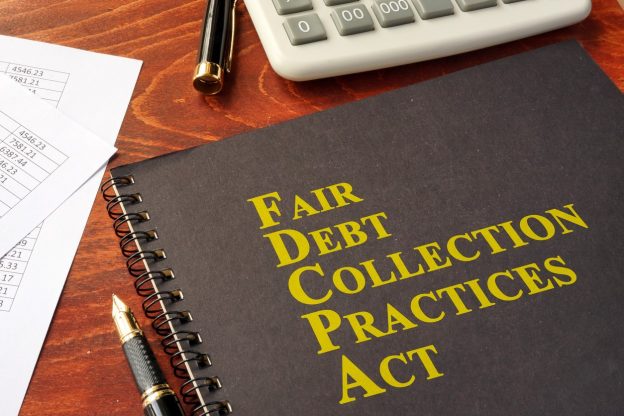When negotiating a commercial lease, every clause in the agreement must be examined to see how it defines your rights and responsibilities as a tenant, and the rights and responsibilities of the landlord. Here are some of the many common lease terms you should look for that corporate real estate tenants need to negotiate:
Clearly Defined Premises
Many leases do not clearly describe what you are renting. Your lease should clearly define your space, its size, and whether the size is on a rentable or usable basis. If your lease refers only to your usable space, get an explanation regarding the difference and include that language in the contract. Continue reading


 Join us on LinkedIn
Join us on LinkedIn








